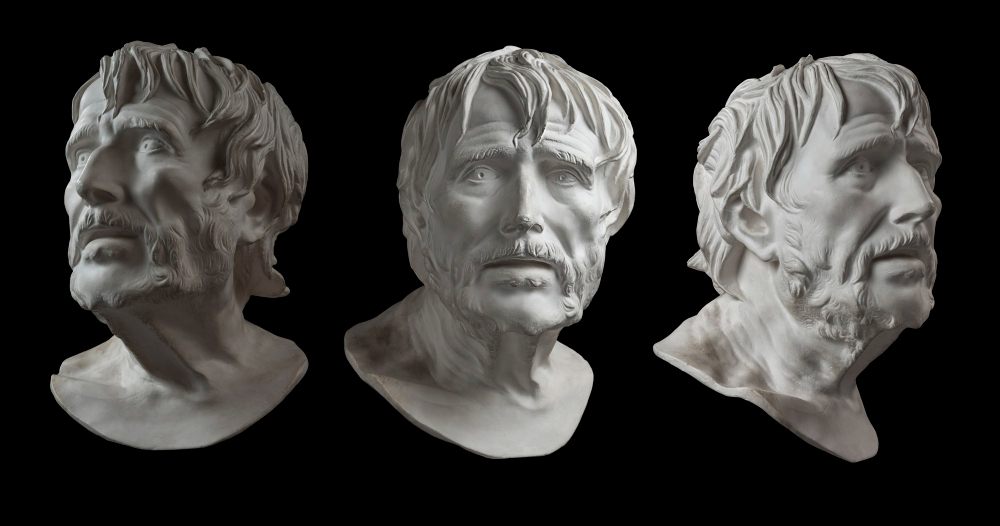
Dramatic Context: A Beginner’s Guide
HEver watched a play and wondered why certain decisions were made? Why set a story in Victorian England? Why are characters using smartphones? Why is the background music so haunting? Well, it all comes down to the “dramatic context.” Let’s unravel this concept and see how it shapes the world on stage:
Understanding Dramatic Context
Dramatic context refers to the various backgrounds or settings that influence the creation, presentation, and interpretation of a play. Think of it as the “why” behind every element you see on stage.
Diving into Different Contexts
Aesthetic
This deals with the beauty or style of the play. It’s about the visual appeal, the sounds, the ambiance – everything that makes the play an artistic experience.
Commercial and Economic
Here, the focus is on the business side. How much does a production cost? What’s the expected revenue? These contexts affect decisions like casting famous actors or choosing popular scripts.
Community and Relationship
This reflects the ties of people. It could be about showcasing local stories, traditions, or addressing issues affecting a particular community.
Cultural and Sociological
These contexts look into societal norms, traditions, and cultures. A play could delve into cultural rituals or challenge societal norms.
Design and Technological
From stage design to lighting and sound effects, these contexts dive into the technical aspects that bring a script to life. In today’s world, incorporating technology like augmented reality might be a consideration.
Educational and Entrepreneurial
Some plays aim to educate or inspire budding entrepreneurs. Think of plays that are performed in schools or ones that tell tales of successful start-ups.
Environmental and Geographical
These contexts focus on the physical world. A play could be about climate change, or it could transport you to the Swiss Alps or the Sahara Desert.
Historical
Set against the backdrop of a particular era, these plays transport you to times gone by, from ancient Rome to the swinging sixties.
Individual/Personal and Psychological
Diving deep into personal stories or the human psyche, these plays explore individual experiences, dreams, traumas, and joys.
Industrial and Public
These contexts could focus on industries like coal mining or address public health issues, resonating with a broader audience.
Philosophical and Spiritual
Tackling life’s big questions or delving into the spiritual realm, these plays make you think and often introspect.
Political
From monarchy to democracy, these plays address political themes, ideologies, or events, often making a statement or challenging the status quo.
Dramatic contexts are the building blocks that give depth, meaning, and relevance to a play. They shape the stories, the characters, the settings, and even the props. So, the next time you’re watching a play, try identifying its contexts.






